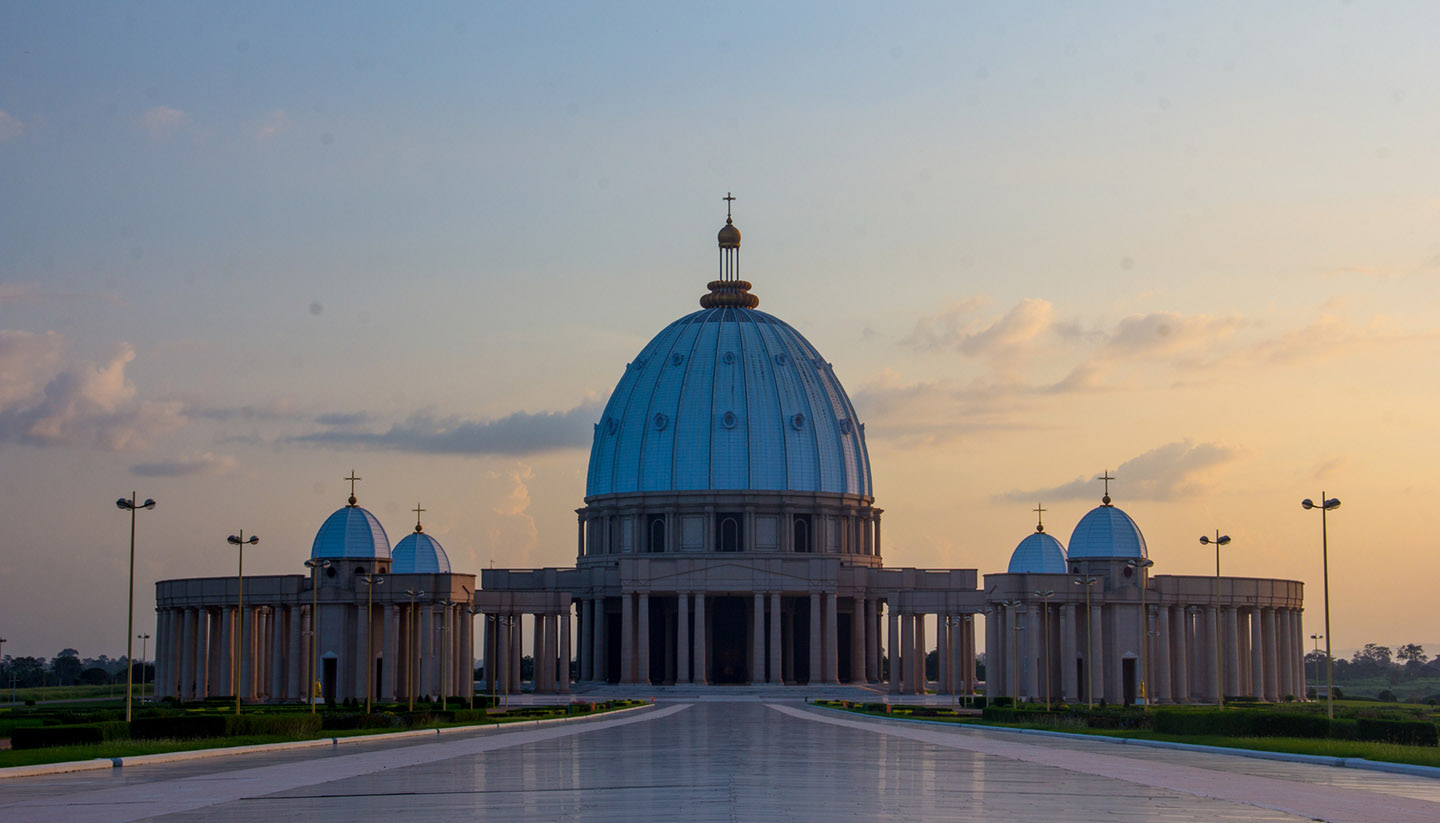Ivory Coast Weather, climate and geography
Weather and climate
Best time to visit
Dry from December to April, long rains from May to July, a short dry season from August to September, short rains in October and November. In the north the climate is more extreme - rains (May to October) and dry (November to April).
Required clothing
Tropical lightweights; warmer clothing for evenings. A light raincoat in the rainy season and a hat for the sun. Casual wear is widely acceptable but beachwear should be confined to the beach or poolside. Dress tends to err on conservative - men wearing long trousers and women wearing knee-length or longer skirts, dresses and trousers. Ties need only be worn for formal occasions.
Geography
Côte d'Ivoire shares borders with Liberia, Guinea, Mali, Burkina Faso and Ghana. There are 600km (370 miles) of coast on the Gulf of Guinea (Atlantic Ocean). The southern and western parts of the country are forested, with undulating countryside rising to meet the savannah plains of the north and the mountainous western border. Three rivers, the Sassandra, the Bandama and the Comoé, run directly north-south and, on their approach to the coast, flow into a series of lagoons. Birdlife is plentiful throughout the country, but particularly so near the coast.


